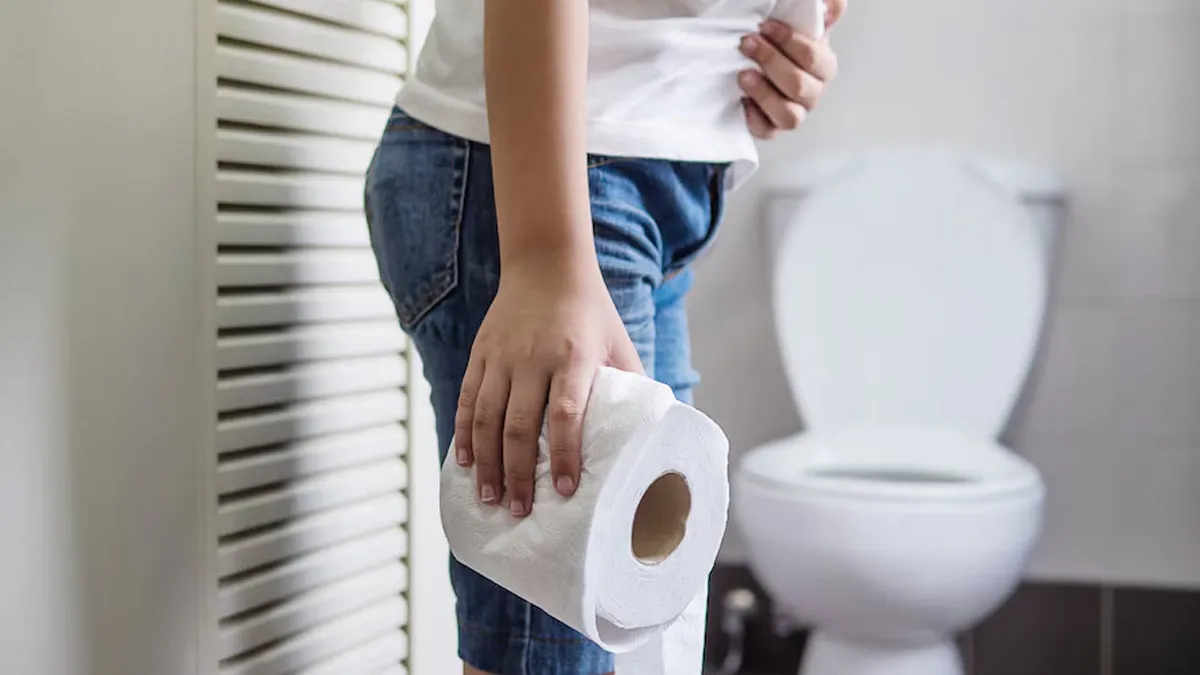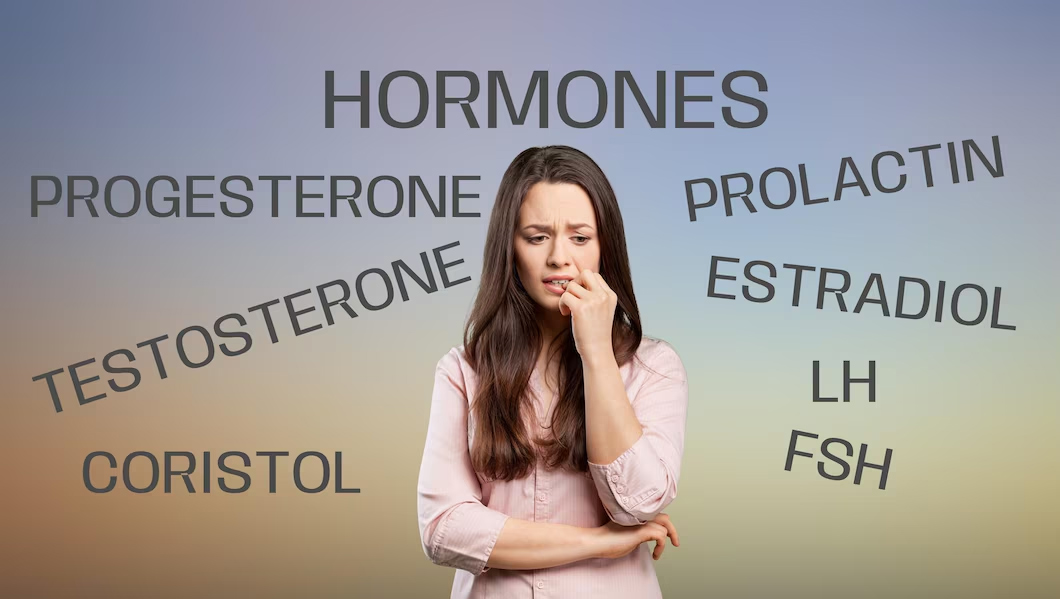
Have you ever noticed how your stomach feels uneasy when stressed or overwhelmed? This is because your gut and brain are closely connected and stress can notably impact your digestive system. Chronic constipation, a condition many people experience is often linked to stress and hormonal imbalances. We spoke to our expert Dr Aravind Badiger, Technical Director, BDR Pharmaceuticals,Ahmedabad, who explained why this happens and how to restore your digestion and improve your well-being.
Table of Content:-
“Chronic constipation is a common gastrointestinal disorder characterised by infrequent bowel movements, hard or lumpy stools, and difficulty passing stools. There are many possible causes, but stress and hormonal changes are often overlooked contributors,” said Dr Badiger.
The Gut-Brain Axis: Stress and Constipation

The gut and brain are closely linked through the gut-brain axis. This bidirectional communication network enables the exchange of information between the Central Nervous System (CNS) and the enteric nervous system. According to a 2011 study, your gut has 500 million nerve cells, linked to the brain through the nerves in your body's nervous system.
“Stress makes the body activate the ‘fight or flight’ response, leading to the production of stress-related hormones, such as cortisol and adrenaline. These hormones can decrease digestive system activity, resulting in constipation,” added Dr Badiger.
According to a 2023 study, the brain-gut connection is crucial in causing functional constipation by affecting how the pelvic floor and rectum work.
Also Read: Why Does Constipation Aggravate In Winters? Doctor Shares Preventive Tips
How Can Hormonal Imbalance Lead To Chronic Constipation?

“Hormonal changes can also have a major impact on chronic constipation. Some of the hormones that work directly on the colon include progesterone hormone, which plays a central role in controlling bowel movements,” explained Dr Badiger.
Not only this, the increase in progesterone levels can also slow gastrointestinal activities, hence causing constipation. This often takes place during the luteal phase of the menstrual cycle. A 2021 study found that 27% of people with Irritable Bowel Syndrome (IBS) experienced constipation during the luteal phase of their menstrual cycle because of hormonal changes. Similarly, hormonal imbalances associated with pregnancy, menopausal periods, or Polycystic Ovary Syndrome (PCOS) can also lead to this problem.
Also Read: Is Constipation A Warning Sign? Expert Explains Its Link To Ovarian And Vaginal Cancers
How To Manage Stress and Hormonal Imbalance
There are effective ways to manage chronic constipation caused by stress and hormonal changes. Follow these tips shared by Dr Badiger to reclaim digestion control and get a healthy life back:
Relaxation Techniques

You should include relaxation strategies like mindfulness, meditation, yoga, and deep breathing to reduce stress and be relaxing. You may also engage in walking, swimming, or other forms of moderate exercises to help move the bowels more naturally and lower stress levels.
Lifestyle Modifications
Lifestyle modification is also an important aspect that should be considered when dealing with chronic constipation. “Fibre from fruits, vegetables, and whole grains should also be augmented as it aids in making the stool softer and facilitating bowel movements. Staying hydrated by drinking plenty of water throughout the day can also help prevent constipation,” added Dr Badiger.
Herbal and Targeted Therapies
Herbal supplements like peppermint oil, chamomile, or probiotics may be taken to calm the gut lining and facilitate bowel movement. Other target therapies, like acupuncture or hormone replacement therapy, may also help an individual struggling with hormonal changes.
Bottomline
Dr Badiger concluded, “Constipation is a chronic condition which has many factors that can make stress and hormonal changes worsen. Therefore, when people become aware of how these factors are linked to chronic constipation, it is possible to prevent the situation from worsening and enjoy a healthy digestive system again. It is possible to stop chronic constipation and promote perfect digestion if one can learn to minimise stress, make changes in diet, and take herbal remedies.”
[Disclaimer: This article contains information provided by an expert and is for informational purposes only. Hence, we advise you to consult your professional if you are dealing with any health issues to avoid complications.]
Also watch this video
How we keep this article up to date:
We work with experts and keep a close eye on the latest in health and wellness. Whenever there is a new research or helpful information, we update our articles with accurate and useful advice.
Current Version